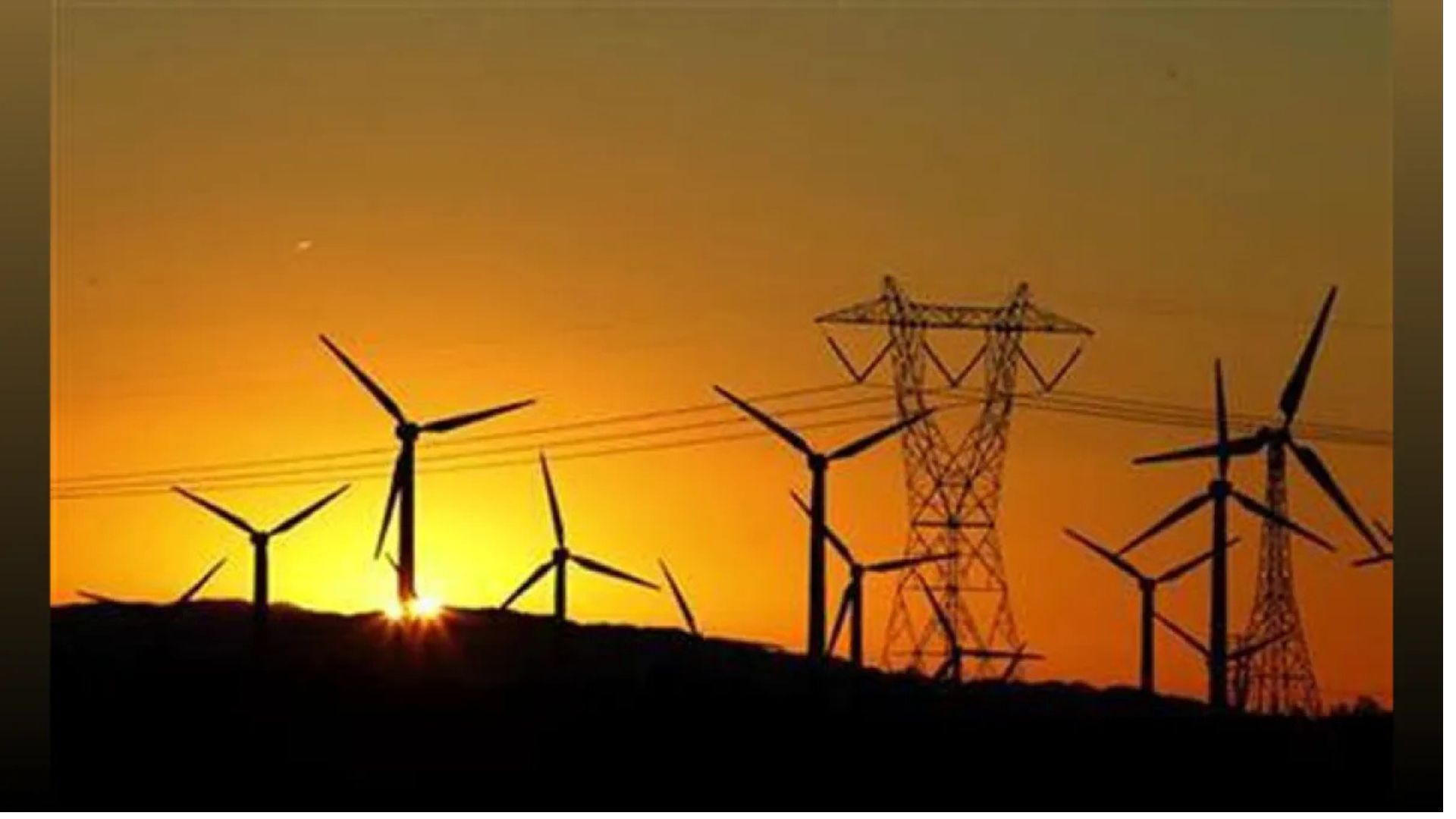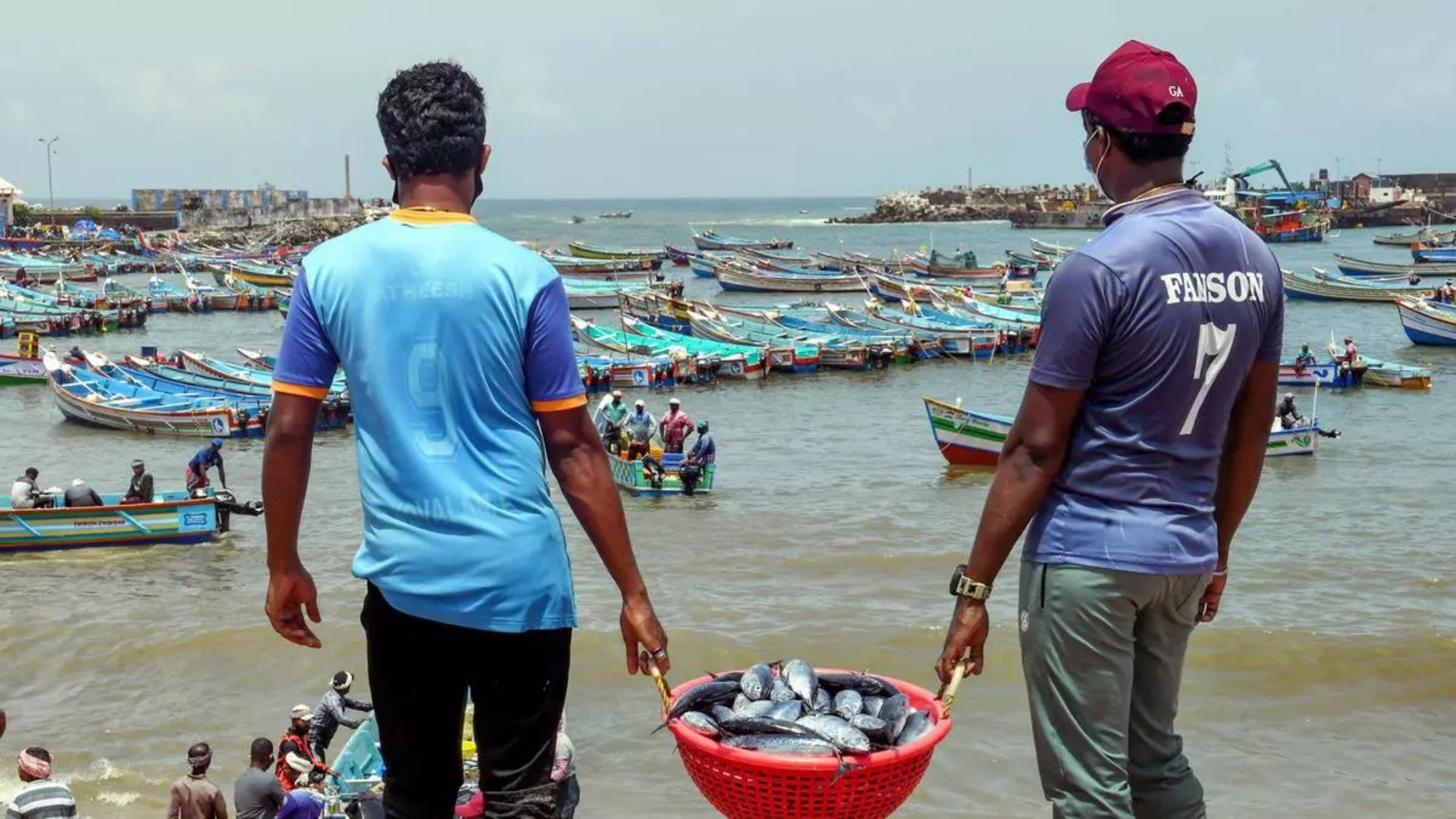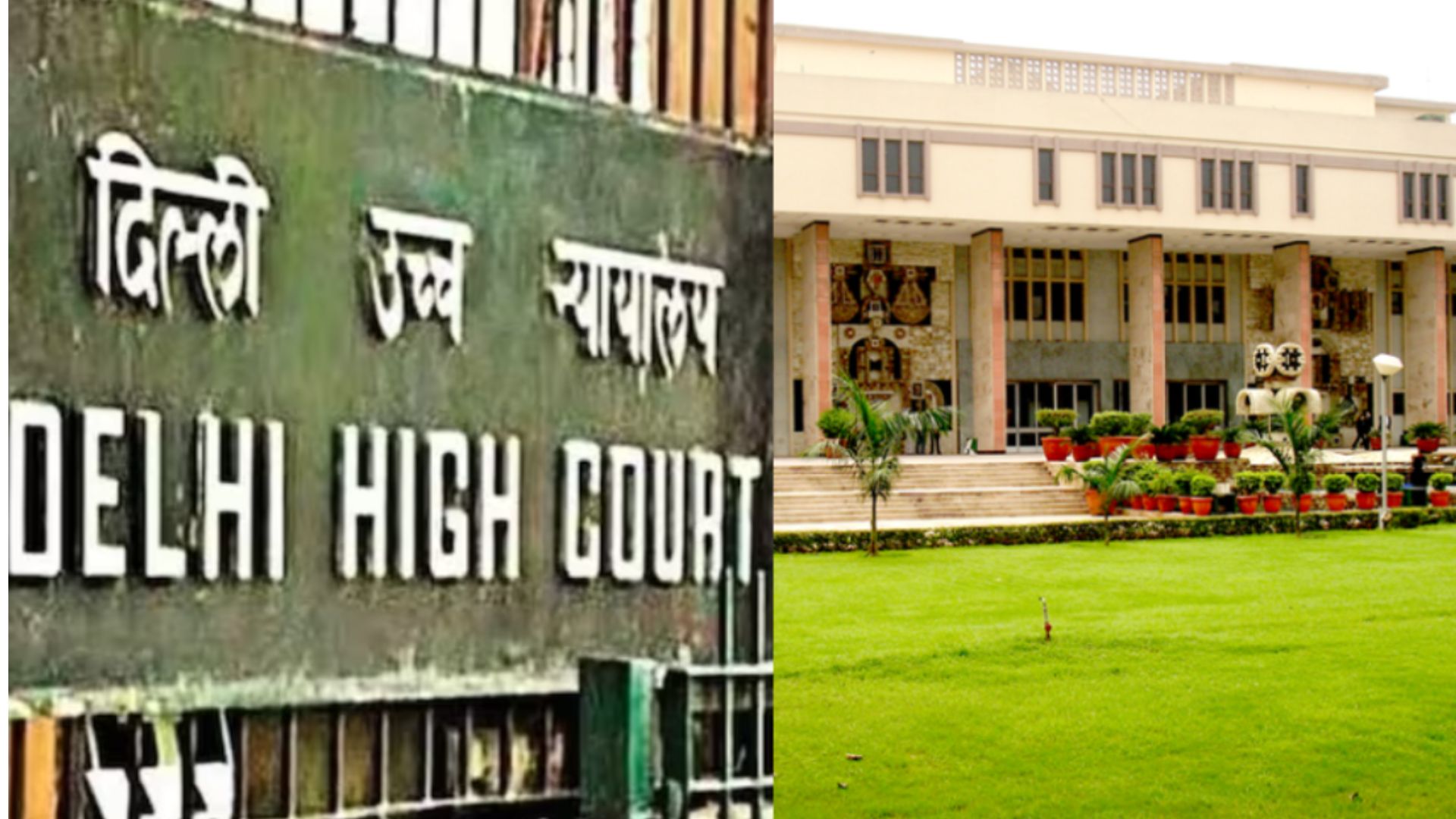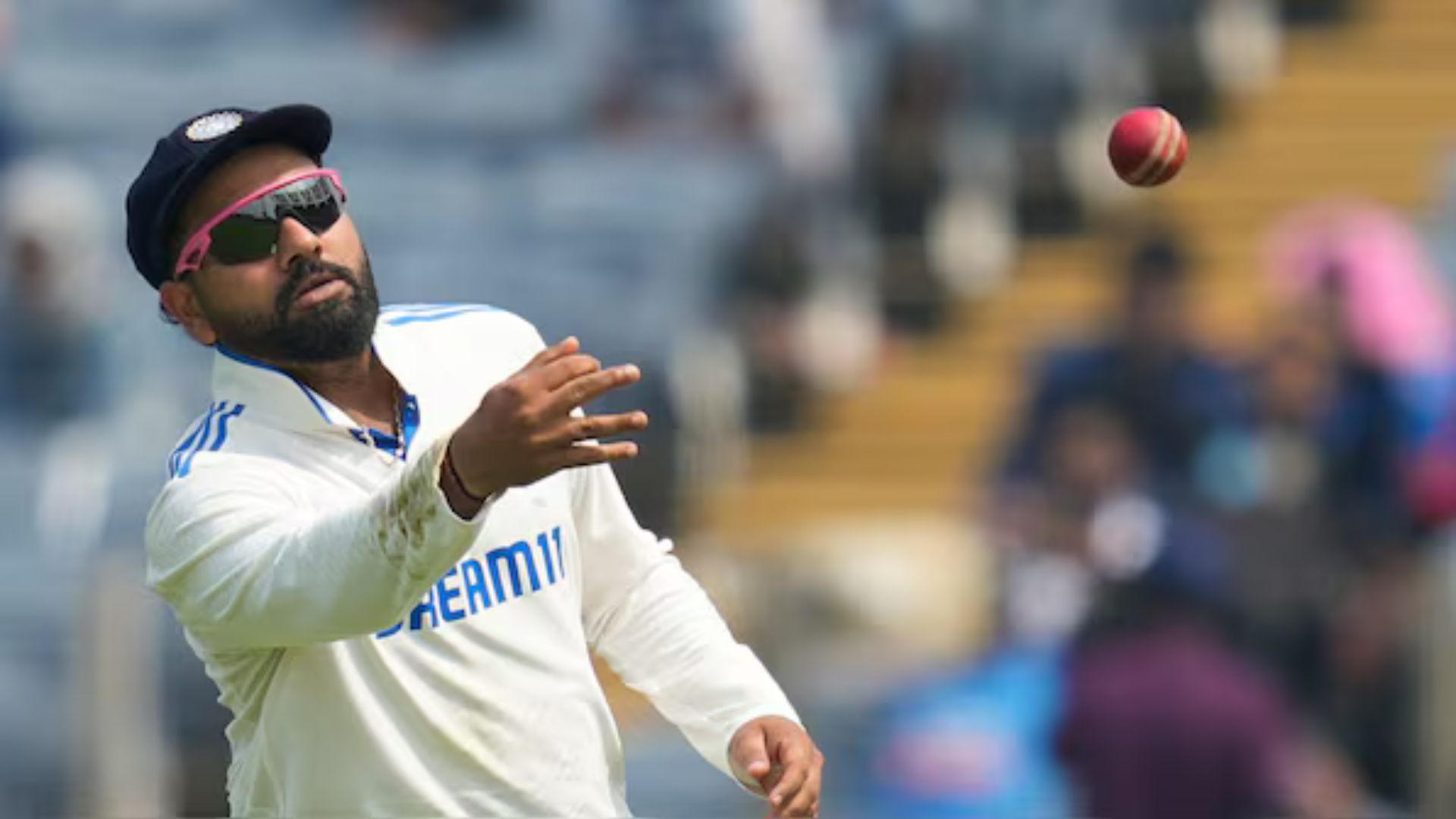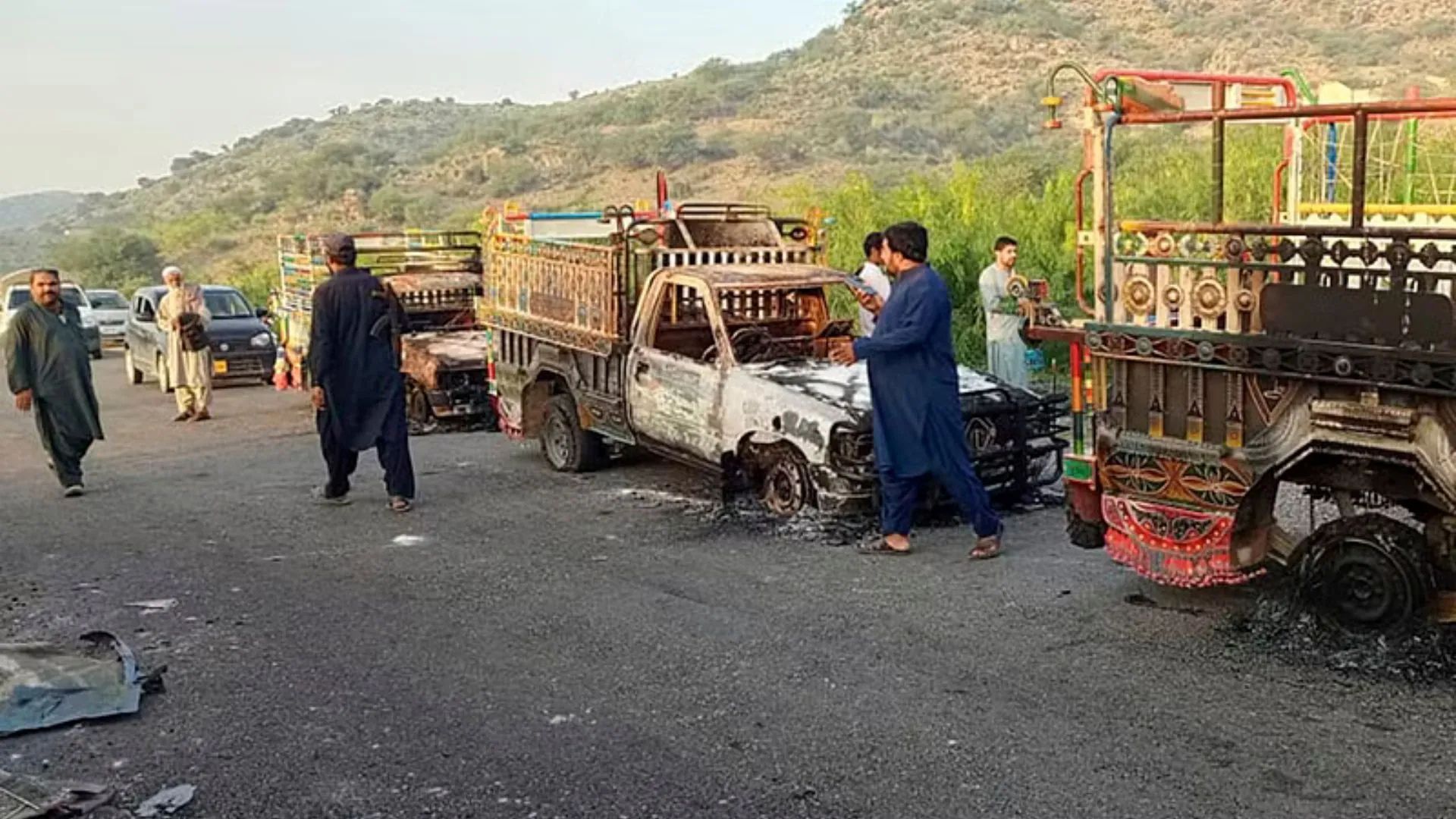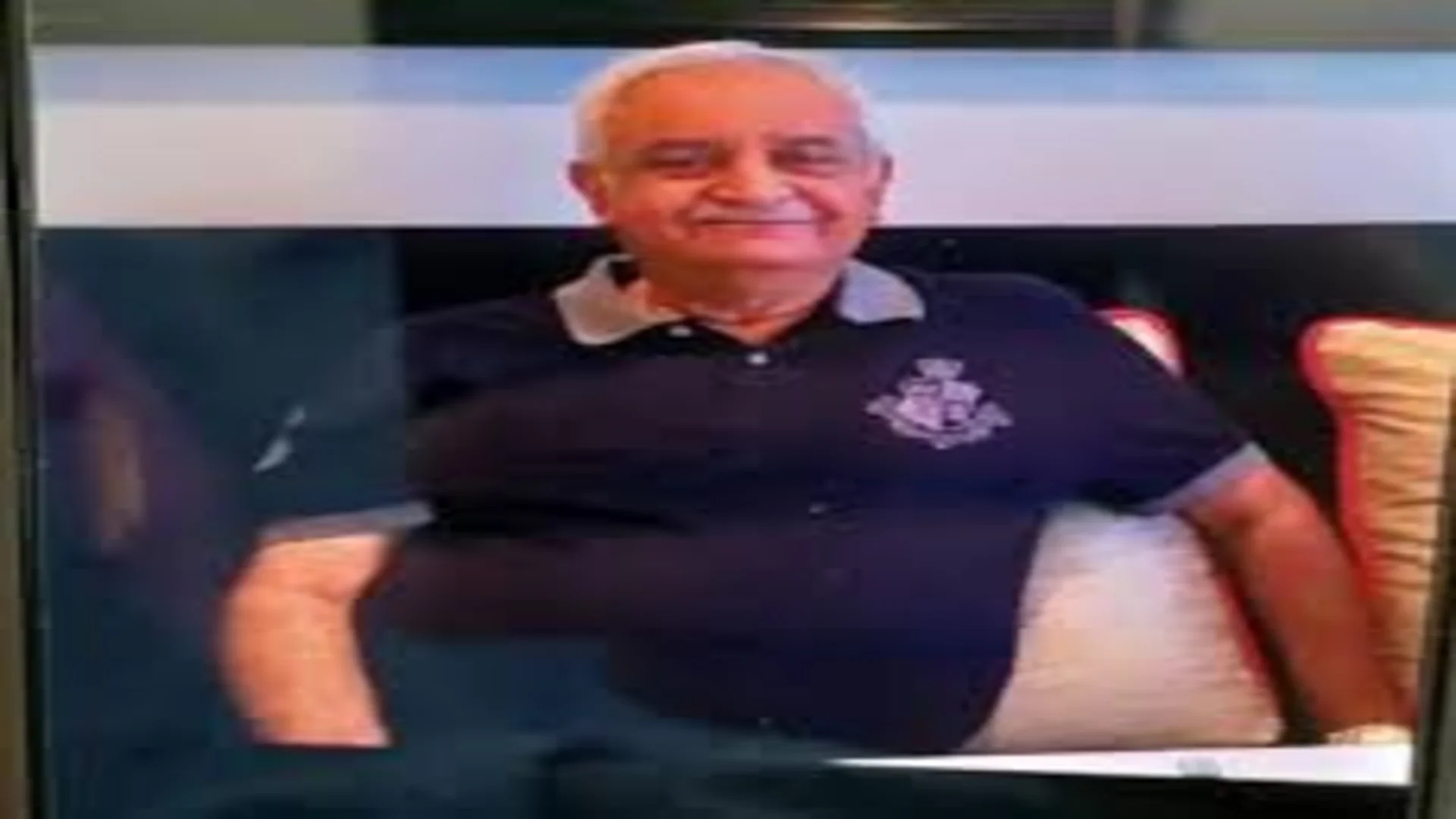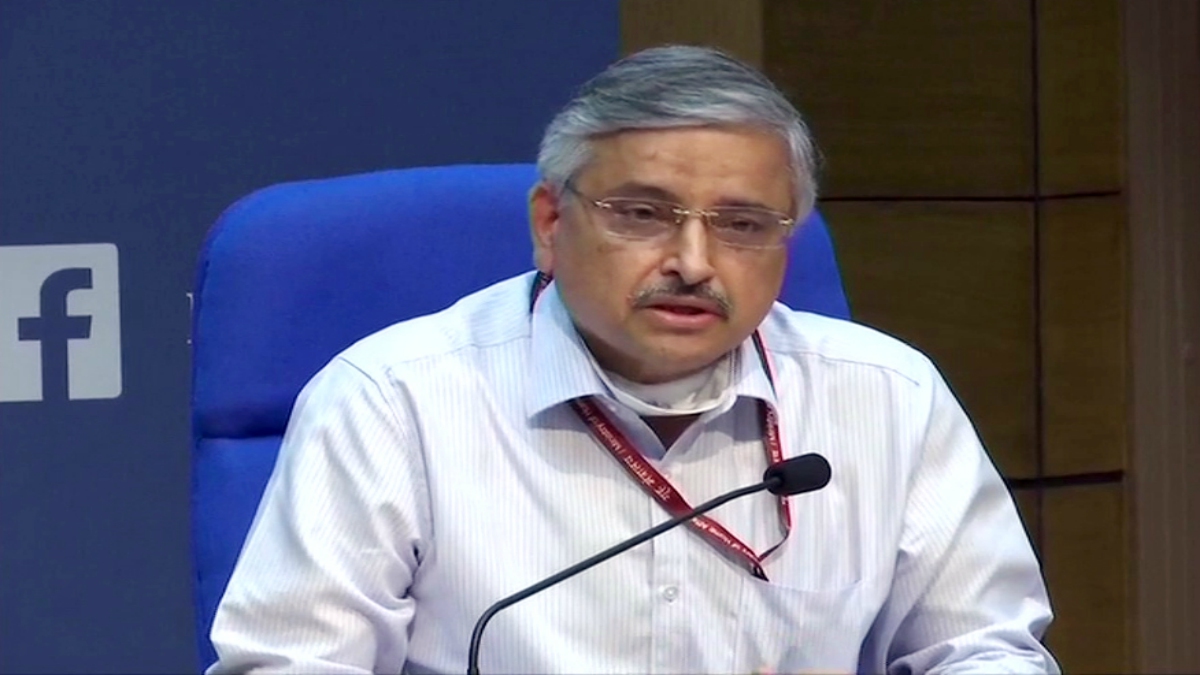
With Covid-1 9 cases increasing rapidly in India, people must take proper precautions and keep themselves safe from the infection. If proper precautions are taken during festival season and winter, then coronavirus infection cases will start showing a downward trend till December. These are some of the observations that AIIMS Director Dr Randeep Guleria made while speaking exclusively to The Daily Guardian. He spoke about reinfection and preparedness India must have in order to tackle the pandemic. Excerpts:
Q: A study has revealed that Covid-19 patients re-infect after 90 days of treatment. How much is this study reliable and how is that possible?
A: When we are talking of Covid-19, then we are also looking for re-infection. So, one issue is that some fear that Covid-19 patients may continue to be infectious for a long period of time. But now a lot of studies show that after some time RTPCR may be positive, but if culture is negative that means that a person is just shedding viral particles or dead viruses. Therefore, you are usually not infectious once you have the infection and you have immediately recovered from the infection but you may continue to be RTPCR positive. RTPCR picks up the virus particles, but it doesn’t say whether the virus is living or dead. Some people keep shedding dead virus from the nasal even for a week but they are not infectious. So, it’s unlikely that a person will be infectious once he/she has recovered for the first three months. Now, after three months, there is a lot of debate that some people may have very low immunity and may have a chance of what we call reinfection that means you had infection which was very mild or your immune system didn’t react that much or did not develop that much antibodies that can protect a person for a longer duration. After sometime you are susceptible to the re-infection. Current data suggests that it may not be that common because very few reports have shown. But we cannot say it is zero chance because it can happen which is very rare. So, the takeaway message is that even if you recover from Covid-19 you must continue to practice all the precautions in terms of physical distancing, wearing a mask, handwashing because it doesn’t give you an immunity passport. Previously people felt that if you get Covid-19 and you recover, then you have an immunity passport. Now there are some doubts that you may not have protection after a few months, especially if you had a mild infection in the past.
Q: Do you think the pandemic is at its peak in India? What precautions should be taken during the coming festival season?
A: The ten days of data shows that the curve is flattening. We were very worried 2-3 weeks back about crossing one lakh cases per day on a regular basis. But that did not happen and the Covid cases have now come down from more than 90,000 cases per day. This trend has to be sustained for the next two weeks. We should continue to see that the trend doesn’t change. With the festive season round the corner, we have to be careful and not crowd markets and religious places. We should limit these activities and have very limited celebrations, otherwise cases will increase. These events can sometimes lead to what we call super-spread. One person may spread the infection in crowded areas like a function like this where people gather in a large number and then they can spread it to others and that can lead to spike in cases. So, we have to prevent that from happening.
Q: Do you think during winters Covid-19 cases will increase more rapidly?
A: In winters, viral infections tend to increase especially because people tend to stay more indoors and spread the infection inside a closed environment. We have to make sure that we continue to have proper precaution when we are indoors, like in terms of cross-ventilation and physical distancing. If we continue to take these precautions, then we can say that we have crossed the peak and gradually the cases will come down. If that happens, then we will see a downward trend till December.
Q: What kind of precautions need to be taken during winter?
A: During the day time if people can sit outside, try and spend more time outdoors as compared to indoor. If possible, keep good crossventilation, avoid crowded indoor functions, try to maintain physical distance and wear a mask. Q: When do you think a vaccine will come? How far have the trials reached? A: All three vaccines haven’t shown any adverse effects and the safety data is very good. Now we are waiting to see what their efficacy is, how effective are these vaccines. If we find that efficacy is good then hopefully by the end of this year or in the beginning, we will get the vaccine. The challenge will be about mass production of so many million doses and distribution to different parts of the country to all high-risk groups.
Q: How long will the vaccine work?
A: It’s a very important question. We will get to know only once the data is out as to how long the vaccines continue to give the immunity or whether you need more booster doses after sometime so that the immunity arises and secondly, how the virus behaves because if the virus also mutates significantly then the efficacy of a vaccine becomes less and you will have to make slightly different vaccine depending on the mutation. So, the current data suggests that the virus doesn’t mutate that rapidly, unlike the influenza viruses.
Q: Will air pollution increase Covid-19 infection?
A: This year we have to be very careful on that front. We need to take aggressive steps to decrease the poor air quality that we have every year during winter month. This is because we already are fighting with the pandemic and our health systems are already strained and suddenly the cases increase because of air pollution it will cause more problems. Also, there is some data that suggests that the chance of the spread of the virus is more when pollution goes up, pollutant particles may also carry the virus and may allow the virus to stay for a longer duration of time. Pollution may also lead to aggravation of coronavirus and it may also lead to respiratory and heart diseases. So, we should be very aggressive this year in terms of not allowing very high levels of air pollution.
Q: What should asthmatic patients do?
A: The asthmatic patients should take inhalers properly. They must also take influenza vaccines so that they don’t contract the influenza and they should regularly wear the masks and maintain physical distance. Both asthmatic and bronchitis patients need to be very careful because they can have both Covid-19 and co-infection that can cause more problems.
Q: How should India be prepared to deal with such epidemics in future?
A: We need to understand now as we travel a lot around the world and we can reach from one end to another in a few hours so there will be a spread of infection accordingly. Therefore, we have to develop a system of containment from infection to prevent it from spreading. Good surveillance system needs to be there and a lot of focus should be on developing good health infrastructure. If we are able to have good surveillance, then we could control the spread of a virus early. We must develop good mechanisms of surveillance globally and good partnerships. Then only we will be protected. The healthcare system should be upgraded. What this pandemic has shown is that if you don’t develop a good health infrastructure, it will be difficult to deal with such a situation effectively. Once an outbreak is massive, then it starts affecting everything the economy, livelihood, etc.
